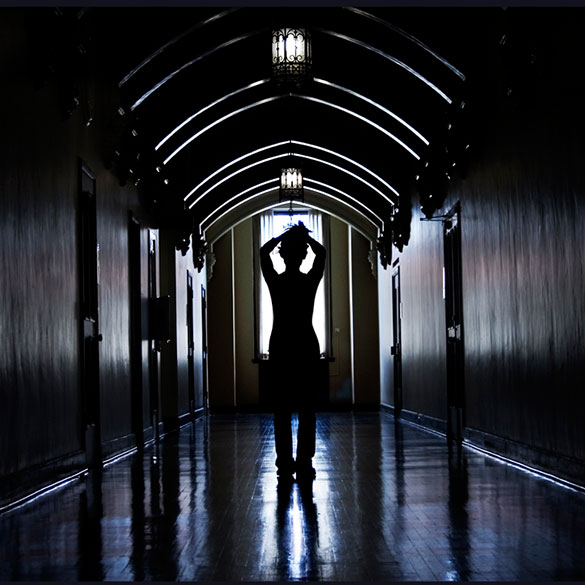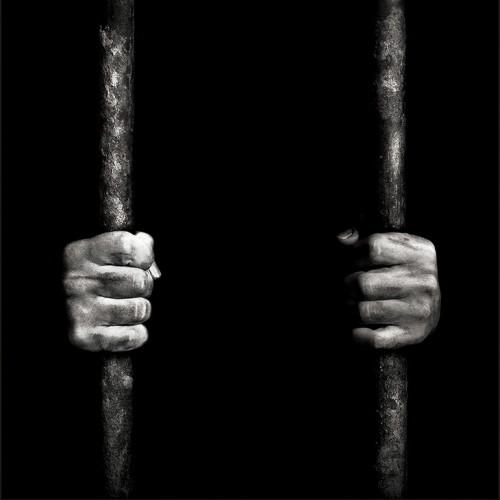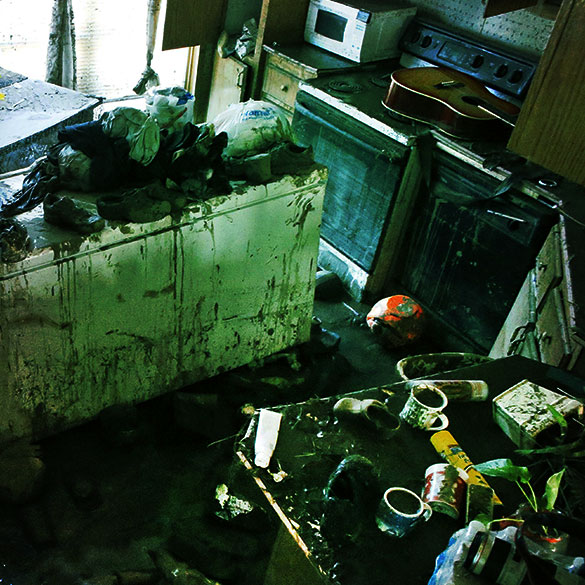From Chamillionaire ridin’ dirty to Travis Porter bringin’ it back, rap music along with popular culture is losing its censor. Rap music has evolved over the past ten years from mainstream music labels to online “underground” releases of mix tapes and remixes. It is unclear whether these changes in accessibility are a result of increasing profanity deemed inappropriate for mass media or whether they reflect a larger cultural trend of media sharing. One thing that is evident, however, is the dramatic increase in vulgarity within the rap and hip-hop industry. 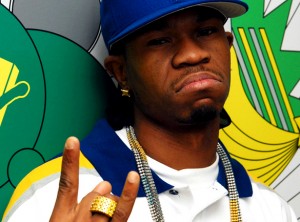
A transformation in rap language is evident with a thorough examination of VH1’s Top 100 Hip-Hop Songs of All Time from 1979-2006. Since four of the 100 songs’ lyrics were unavailable, I studied 96 hip-hop songs, including canonic greats such as “In Da Club” by 50 Cent and “Straight Outta Compton” by N.W.A. Within these songs, “nigger” was repeated 169 times, for an average of just less than two times per song. Anyone who listens to rap today would not find this surprising. What they might not expect is that 93.5% of the instances of “nigger” occurs after 1992, and that it is even more commonly used after 1998, after which“nigger” appears 115 times. The bottom line—while “nigger” appears twice per song on average from 1979-2006, it is found almost five times per song from the smaller window of 1998-2006.
In a similar pattern, derogatory terms for women such as “ho,” “slut,” and “bitch” appear 93 times in 96 songs, but only twenty of these occur prior to 1992. Objectively speaking, “bitch” is the most offensive of these words, and of the 44 times it was used in the songs studied, 25 of those were used after 1998. The perception that rap music is all about “niggers” and “bitches” appears to not only be well-founded, but is also being reinforced with each new derogatory song release.
The word “sucker” is extremely common in older songs. Although some may not even find this word offensive, it was necessary to include it in this study of the evolution of rap. “Sucker” was used 28 times before 1992 when “sucker” was clearly the insult of choice. The artist often emphasized the word in pronunciation. But as time went on, “sucker” was phased out and was replaced by stronger and denser expletives, namely “fuck.” 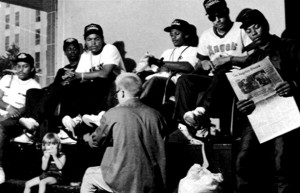
Statistically speaking, “sucker” was replaced by “fuck.” The word appeared 14 times before 1992, when “sucker” was more common. However, after 1992, “fuck” was used 72 times. As “fuck” grew in popularity, expletives surrounding its usage became more volatile as well. For instance, 87% of the time ‘shit’ was used was after 1992, just as the usage of “fuck” was increasing.
1992 saw an explosion in the expletives rap songs. Usage of derogatory names for women, “ass,” “shit,” “nigger,” and “fuck” grew exponentially. Before 1992, only two of the 45 songs used more than four expletives. But from 1992 to 2006, 17 of the 51 songs used more than four different expletives. The variety of language, severity of language and frequency were on the rise, and peaked in 1998. Just two years after the death of Tupac Shakur and one year after the death of Biggie Smalls, the hip-hop community was angry, and their music reflected that. This reflection shows the strong impact larger society has on the music industry.
In a society today dominated by social media, uncensored and impulsive tweets and wall postings, anyone can speak their mind while hiding behind their computer or smart phone. In a music genre already based upon spontaneity, the hip-hop community is jumping on board the latest fad of speaking your mind without mindfulness of repercussions.
Rap music is not only covered with curse words, but also highly sexual. This trait has increased over time, although the evolution of sexual references is much less dramatic than the change in expletives. Though there is not a trend, or definitive year of increase, sexual references in hip-hop are nonetheless prevalent. Of the 96 songs analyzed, 68 have one or more sexual innuendo. Of those 68 songs, 36 have five or more sexual references, and 15 are dominated by sex, with 75% of more of the lyric lines having a sexual overtone. Pornographic songs like “Fantasy” by Ludacris are in the last category. 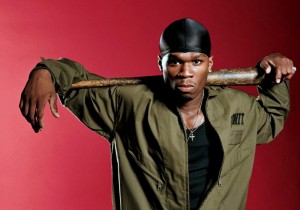
Rap music is littered with vulgarity, from derogatory names, to lustful sexiness and every curse word in between. That is and always has been the foundation for the social stigmas surrounding rap music. But whatever the perception was before, it has undergone an uncontrollable growth. The hip-hop industry is well aware that sex and violence sell, but what cost does this have on the consumer? And more so, what will it cost the hip-hop industry in the future?
While it would be expected that the majority of rap consumers are adolescent black males, the demographics beg to differ—it is actually white teens that are buying the most rap albums. I speak from experience as a white suburban teen. My friends and I loved rap music in high school. We blasted it in our cars and at parties. But as we came back home from school this summer and sat on the deck to have a beer, it was country music, not rap, that was playing on the stereo. We still enjoy rap and listen to it, but as a once participant, it is clear to me that the phase is beginning to fade in my generation.
I am sure that by the time I am in my forties and have children, rap music will be almost completely off of my iPod, but the cycle will continue with my children’s generation. I expect the rap music my children listen to will be much more vulgar. Speaking for myself and for my peers, there is a limit to what our kids will be allowed to listen to. And based on recent trends, rap music will soon be banned by parents in many suburban homes. The hip-hop industry must be more careful with its vulgarity, or parents will eventually realize that the rap being marketed to their children is far more offensive and pornographic than the beats they once enjoyed. I am not insinuating that rap needs to resemble Christian rock, be PG, or even PG-13, but hip-hop is headed towards self-destructive levels. Though normally it may be a good idea to follow the trends of modern culture, rapping too vulgarly and without censor can be dangerous. After all, twitter enthusiasts do not have to appeal their impulsive rants to consumers, but music artists do. If the hip-hop industry doesn’t slow the trend from the inside, the fad will fade, the cycle will stop and internet rap releases will no longer be a cultural choice, but a last resort.
